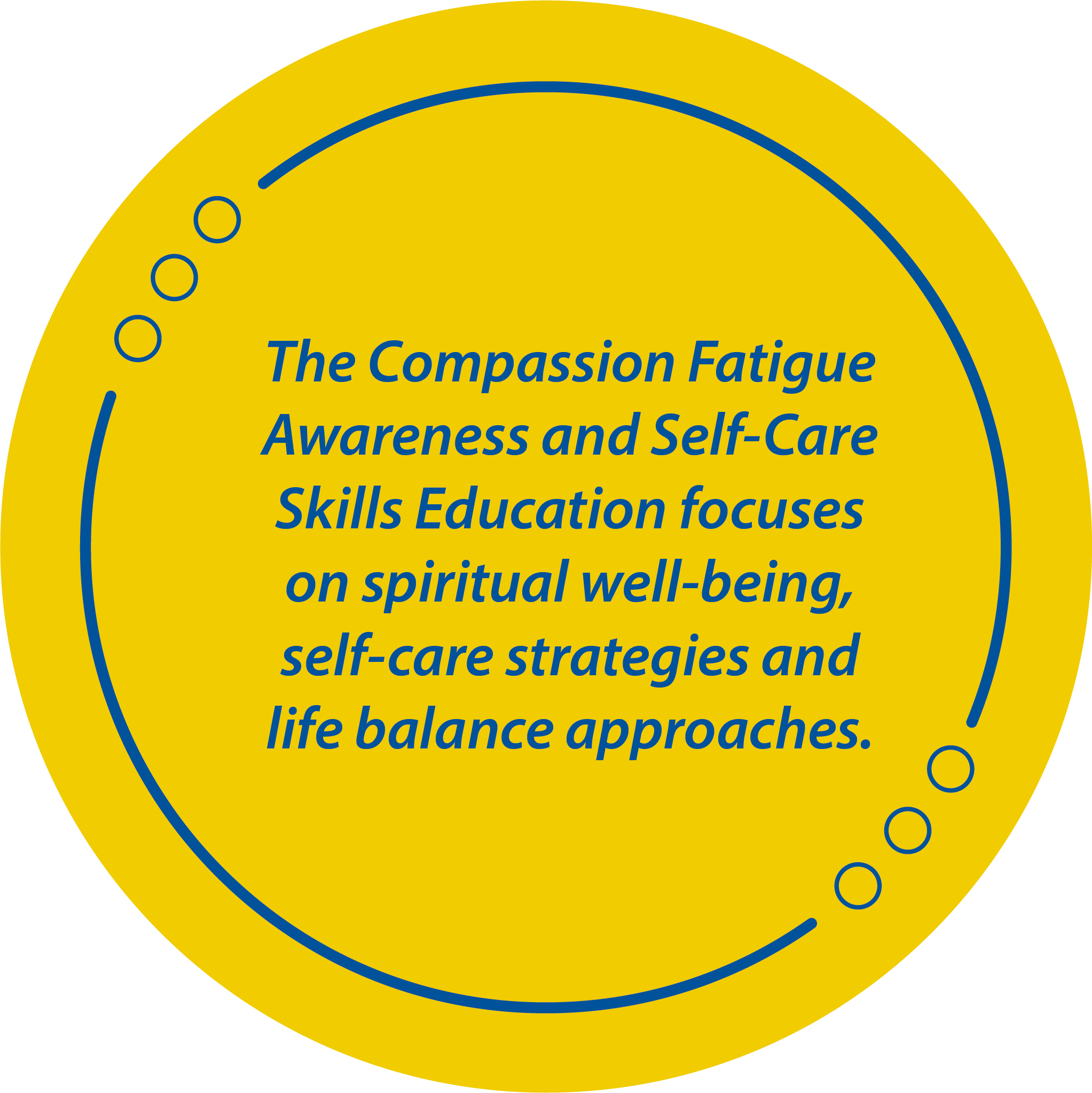 With health care provider partners in Kansas, Missouri, South Carolina and Virginia, the Health Quality Innovation Network, has heard many stories of nursing homes struggling with staff retention. However, they also learned of a story of hope about one nursing home's pilot program increasing its staff retention rate to 100 percent in four months.
With health care provider partners in Kansas, Missouri, South Carolina and Virginia, the Health Quality Innovation Network, has heard many stories of nursing homes struggling with staff retention. However, they also learned of a story of hope about one nursing home's pilot program increasing its staff retention rate to 100 percent in four months.
The COVID-19 pandemic introduced a new set of challenges that only intensified nursing home workforce shortages. To combat this issue, leadership from the C.M. Tucker, Jr. Nursing Care Center in Columbia, SC, developed a pilot program aimed at improving retention among certified nursing assistants (CNAs).
In researching the topic, they found that health care providers, especially CNAs, could benefit from learning about self-care strategies. Besides boosting their own morale, the knowledge would support them in sharing healthy practices with their residents.
The Compassion Fatigue Awareness and Self-Care Skills Education focuses on spiritual well-being, self-care strategies and life balance approaches. In many cases, nursing assistants hold more than one job, which can result in inadequate sleep and nutrition. In general, while CNAs provide direct patient care, they often do not incorporate wellness behaviors into their own lives.
This quality improvement project explored a 90-minute evidence-based education program on compassion fatigue awareness and multiple self-care skill strategies. The pilot group participated in a pre-intervention demographic survey, a post-experience survey, and the ProQOL (Professional Quality of Life; Version 5) tool to measure the pilot group’s level of compassion satisfaction, burnout, and secondary traumatic stress at three time points: pre-intervention, one month post-intervention and three months post-intervention.
A total of 45 CNAs participated in the pilot. After one month, CNA retention increased by 43 percent, and at the end of the fourth month, the facility’s retention rate was 100 percent. Also, 44 percent of the full-time supplemental agency CNAs became full-time facility employees. The use of supplemental agency staff decreased to less than 5 percent of the total CNA hours worked.

Overall, the test group improved their compassion satisfaction, burnout, and secondary traumatic stress scores. Specifically, data revealed that the CNAs participating in the pilot project experienced:
- Increased self-care and wellness
- Improved morale and communication in the workplace
- Positive attitudes on the clinical units
- Increased recognition of leadership’s appreciation for their contributions
- Increased retention by decreased turnover
- Higher compassion satisfaction, lower burnout, and lower secondary traumatic stress-compassion fatigue
After conducting a successful, well-received pilot project, C.M. Tucker, Jr. Nursing Care Center is expanding the program and their results were published in the Journal of Holistic Nursing.
Submitted by: Health Quality Innovators
This material was prepared by The Bizzell Group (Bizzell), the Data Validation and Administrative (DVA) contractor, under contract with the Centers for Medicare & Medicaid Services (CMS), an agency of the U.S. Department of Health and Human Services (HHS). Views expressed in this material do not necessarily reflect the official views or policy of CMS or HHS, and any reference to a specific product or entity herein does not constitute endorsement of that product or entity by CMS or HHS. 12SOW/Bizzell/DVA-1153-07/18/2023

